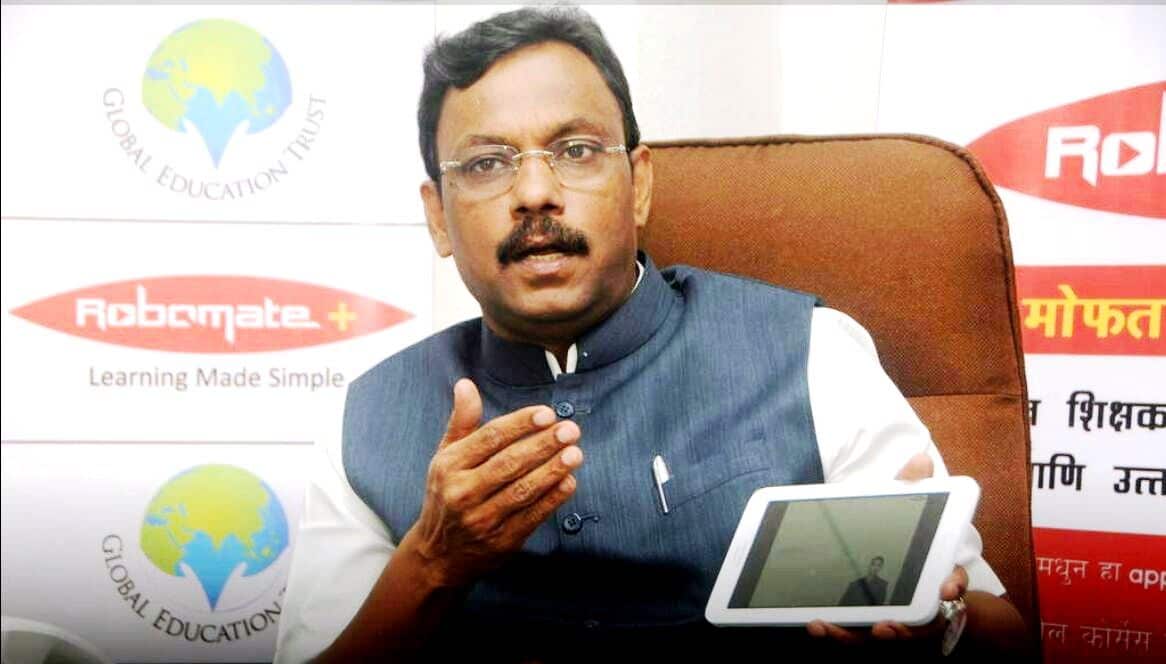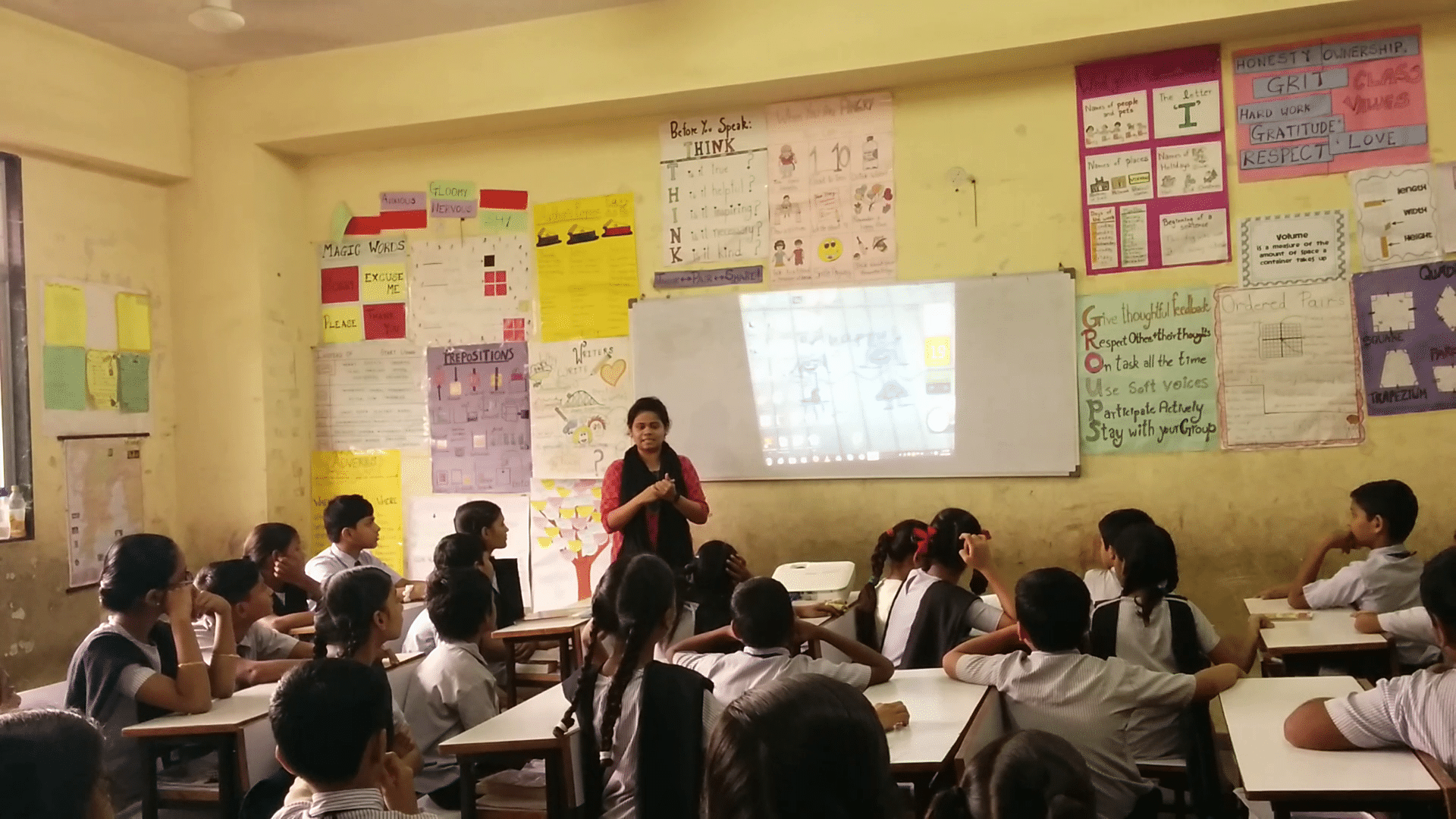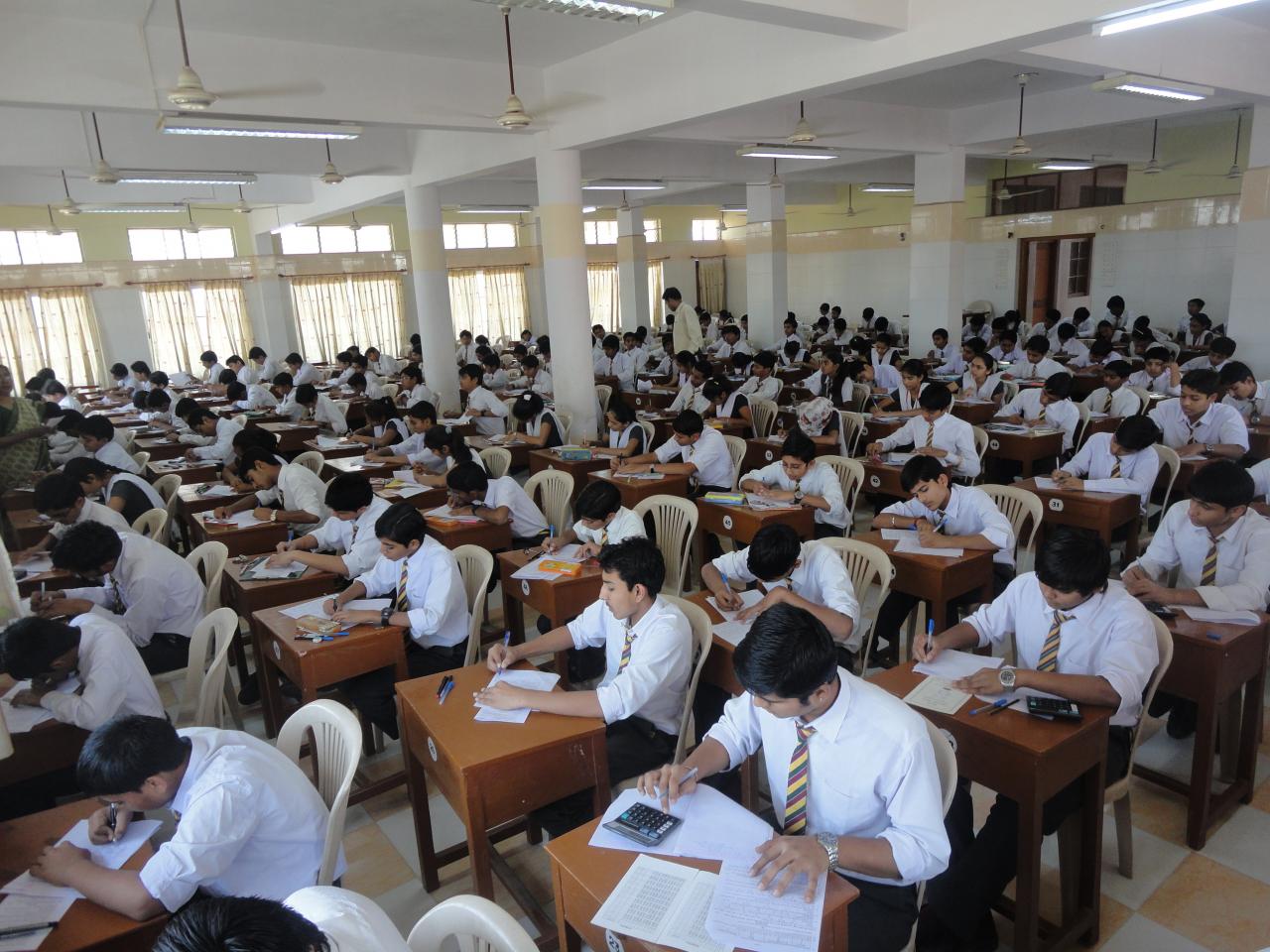Rupantar – A comprehensive mental health project christened to upskill the teachers of the government schools has been launched by the Sri Aurobindo Society. The project has been initiated aiming to create and provide students with uniform opportunity for education.
For the very first time, the project has been launched in South India. The project is already being implemented in all districts of Uttar Pradesh, engaging more than four lakh teachers and 1.7 lakh schools. Interestingly, the project will eventually benefit more than two crore children of the state of whom more than 70% are in rural areas.
Speaking on the initiative, Pradeep Narang, Chairman of Sri Aurobindo Society stated, “For the last decade or so, we have been on a quest for providing children with an equal opportunity for education. The Sri Aurobindo Society has introduced its comprehensive mental health education program for government schools in Puducherry. In South India, this project will be the first of its kind.”
With such initiative, society seeks to address the growing health, behavioural and other mental health needs of students.
The main objective of the project is to establish an education system that is based on deeper human values and empower children to be life-long learners and fulfilled and happy beings highlighted Narang.
He also said, “Its approach is to harness the potential of entrepreneurship and intrapreneurship to develop scalable, sustainable solutions focusing on refining the existing processes rather than creating altogether new systems.”































